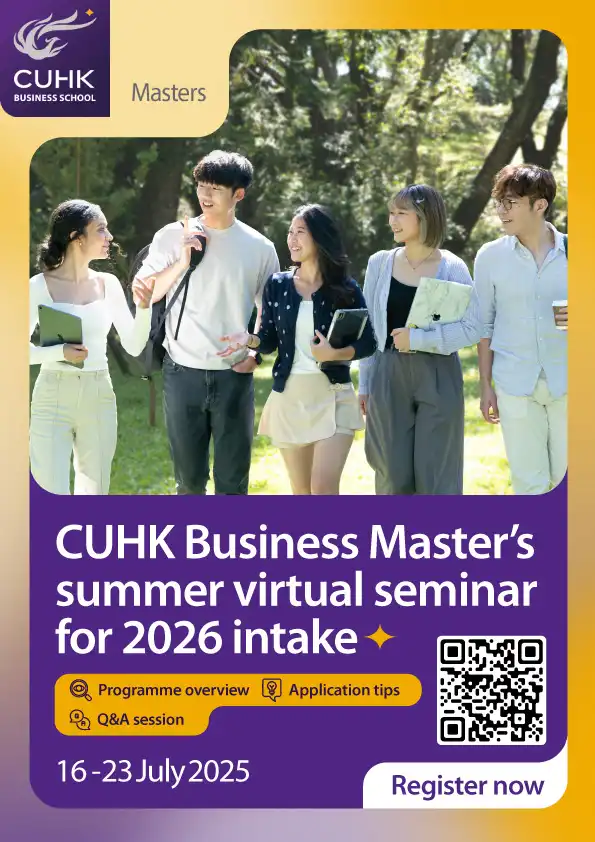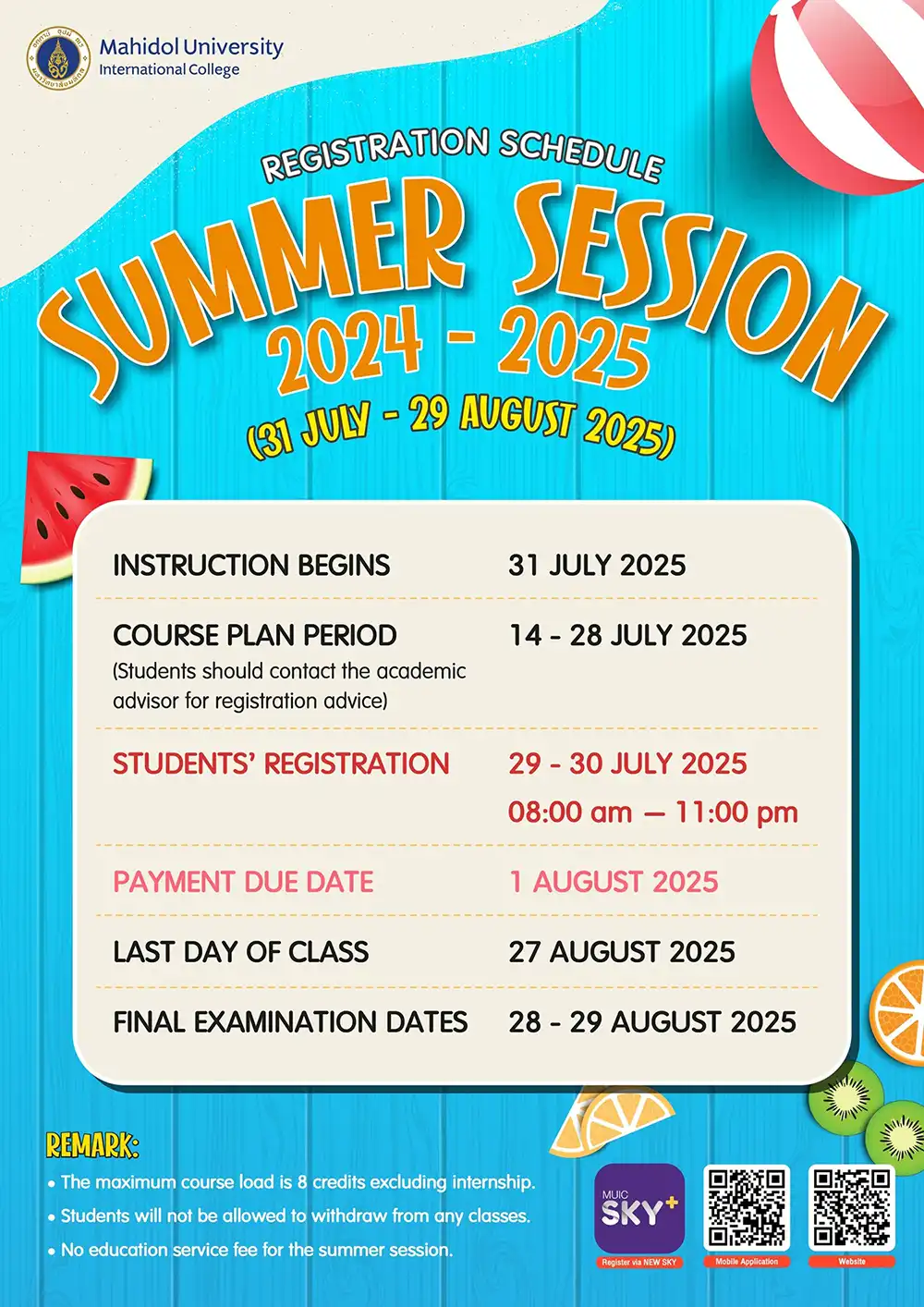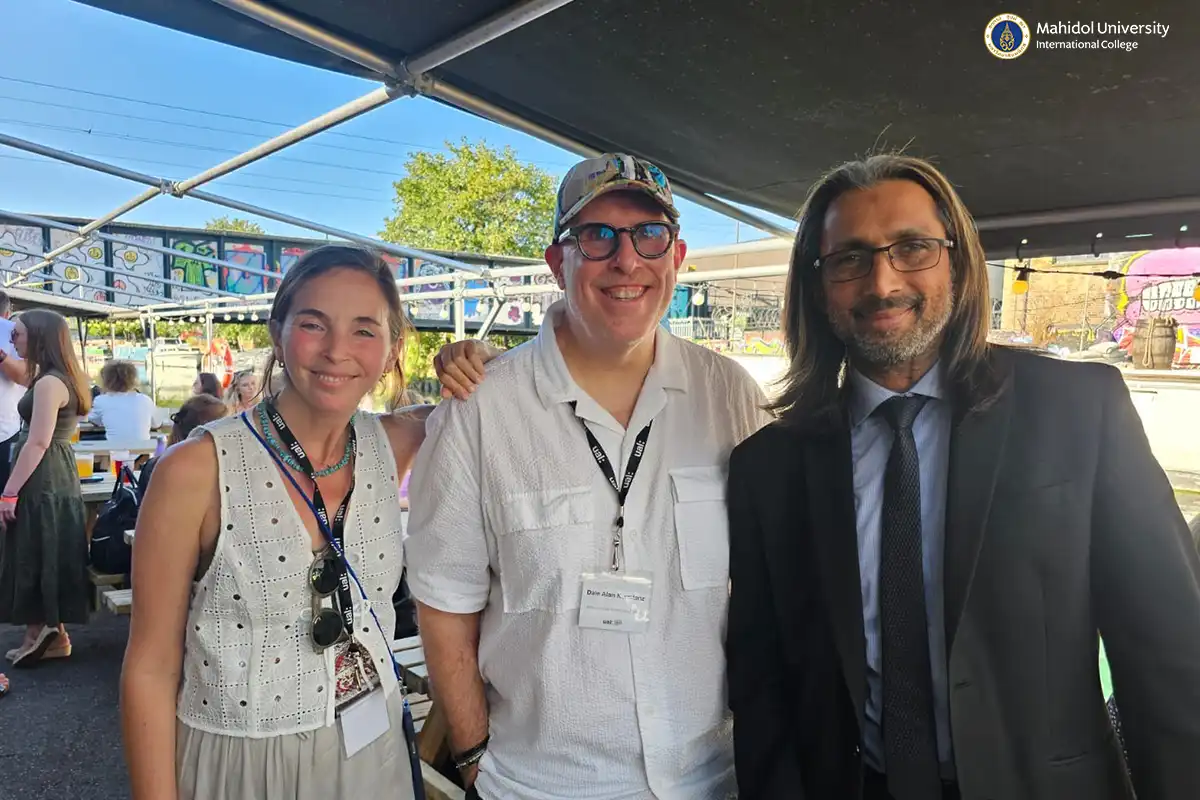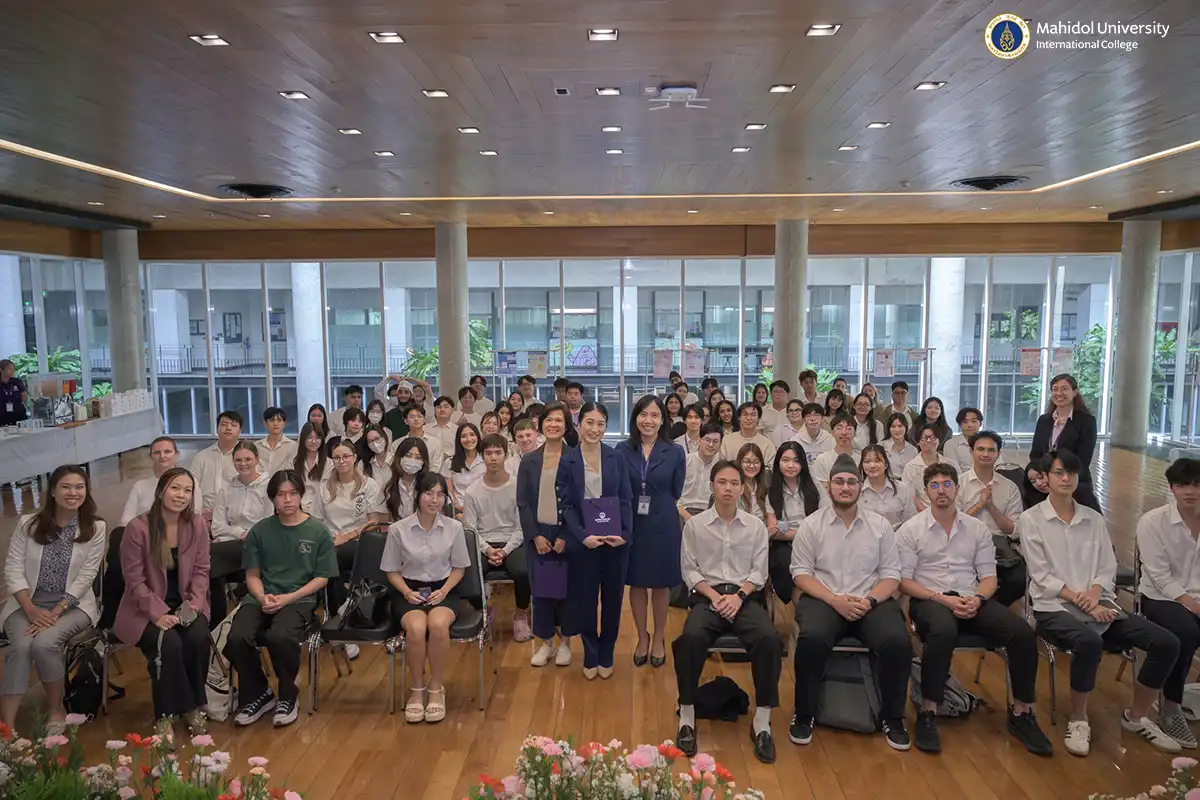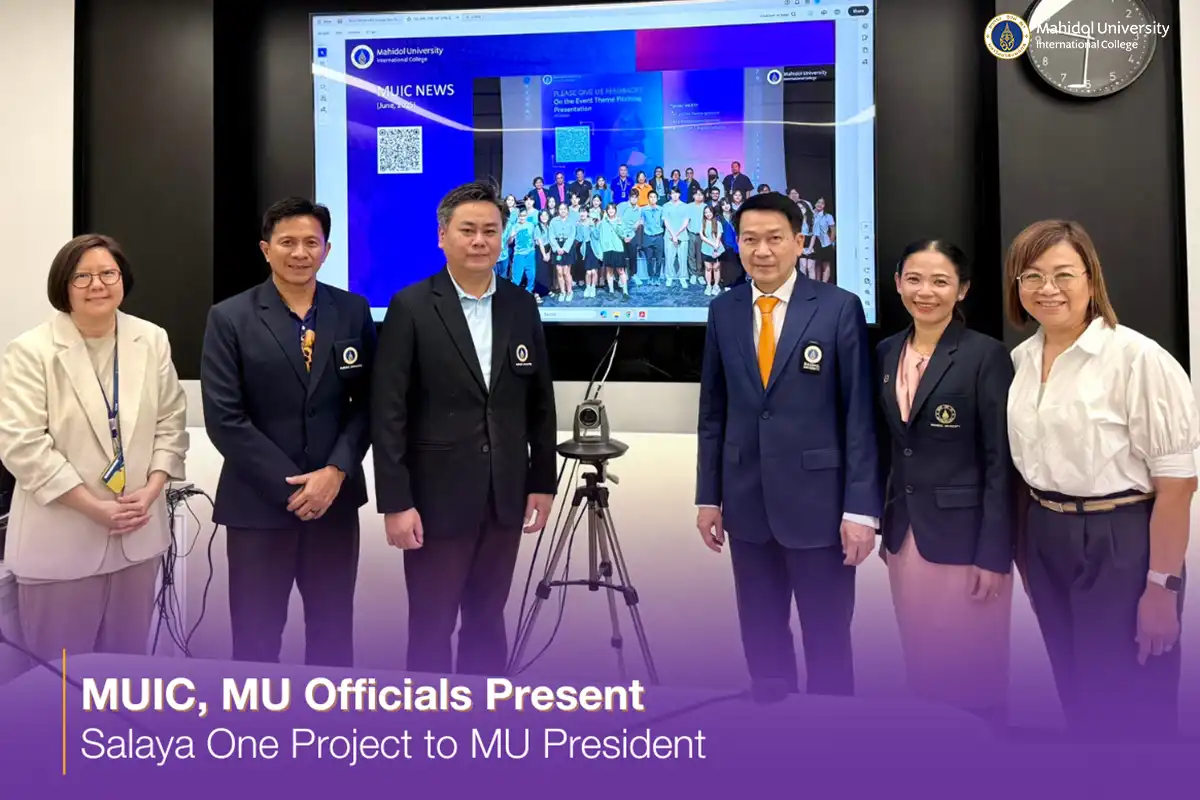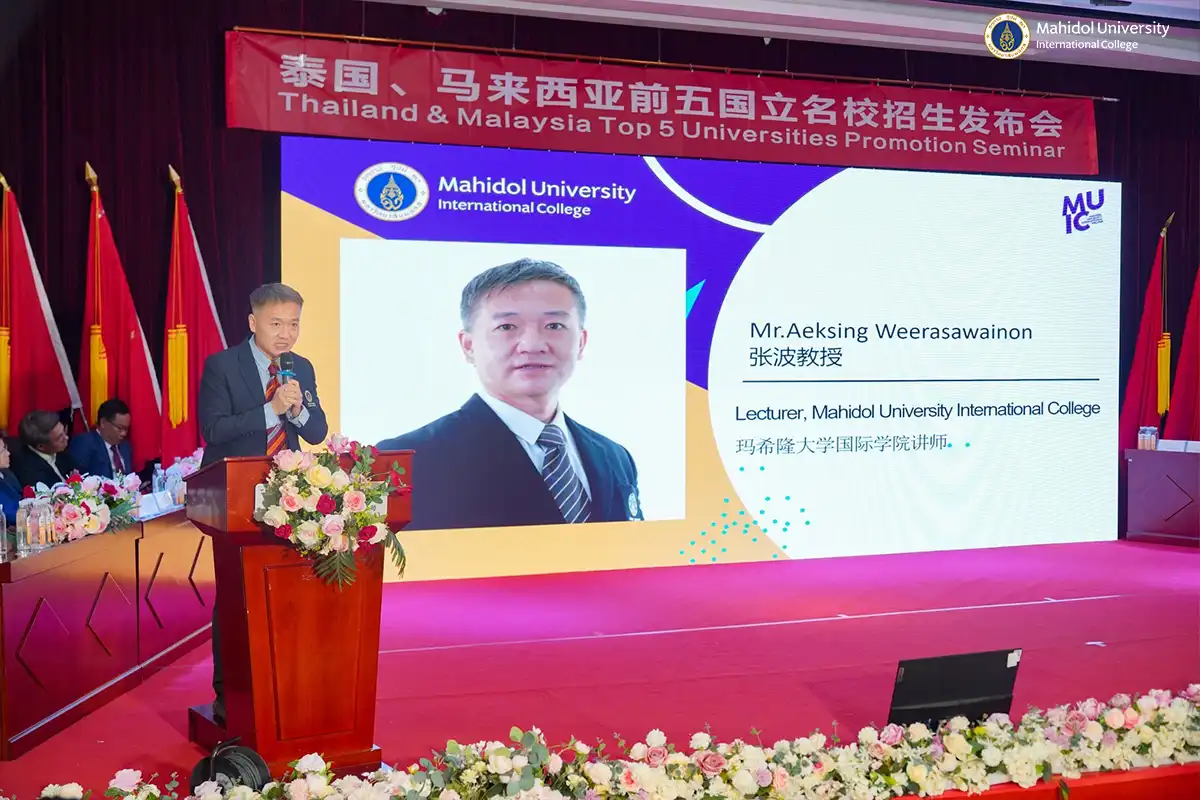Please choose a news and article category.
Recent MUIC Events
CUHK Business School Master’s Programmes 2026
Registration Schedule Summer Session 2024 – 2025
Withdrawal Period for Trimester 3/2024-2025
Gender Festival 2025
MUIC 360 Degrees
Decoding the Multigenerational Matrix in the Hospitality World: Tales of Three Generations: Baby Boomer to Generation Y
September 27, 2023 2023-09-27 2:52Decoding the Multigenerational Matrix in the Hospitality World: Tales of Three Generations: Baby Boomer to Generation Y

Decoding the Multigenerational Matrix in the Hospitality World: Tales of Three Generations: Baby Boomer to Generation Y
By Asst. Prof. Dr. Malinvisa Sakdiyakorn and Assoc. Prof. Dr. Walanchalee Wattanacharoensil
The hospitality industry is an illustrious pillar of the global economy. With a staggering contribution of over USD 1 trillion to the 2022 global GDP, it continues to drive economic growth, employment, and cultural amalgamation. This vibrant sector, boasting of diverse avenues like hotels, restaurants, MICE, and leisure, is not just about financial exchanges. It’s the crucible where traditions, ideas, and experiences meld. Its cascading influence on allied industries makes it a linchpin for sustainable growth and a reliable indicator of global economic vitality.
A sector as rich and varied as hospitality, undeniably, thrives on its workforce. And herein lies its unique challenge and advantage – a workforce that spans multiple generations. Delving into its multigenerational dynamics can unravel patterns and insights, crucial for fostering an environment of mutual growth and understanding. A systematic review of academic literature spanning 16 years (2000-2016) offers a window into this intricate landscape.
Empirical Generalizations in the Hospitality Sector
1. Attitudes Toward the Hospitality Sector
The hospitality domain presents a mosaic of perceptions. While complexities abound, the overarching sentiment is favorable, particularly among university and college respondents.
2. Career Choices & the Hospitality Enigma
The pull factors in the hospitality sector are many, but the decision to commit lies in several key determinants. On the brighter side, numerous studies showcased the reasons behind the allure of the industry for many. Intrinsic motivators like challenging roles, personal enjoyment, and engagement combine with extrinsic factors like effective communication, enriching work culture, and attractive remuneration to play a decisive role. Some studies indicated a resistance among students to join the industry post-graduation, citing reasons ranging from poor compensation, unsociable work hours, to a misalignment between industry offerings and individual needs. In essence, the reasons to exit the industry largely centered around a lack of involvement and issues with the nature of the job itself.
3. Generational Work Ethos:
Delving deeper into generational differences, it is evident that shared formative experiences shape lifelong values, attitudes, and behaviors. The data highlights both similarities and variances in work values across generations. Specifically:
- Baby Boomers: A strong inclination toward respecting authority and the work ethic of living to work.
- Generation X: Prioritize job security, work-life balance, and a philosophy of working to live.
- Generation Y: On the personal front, they value rapid recognition, lucrative pay, and personal development. Interpersonally, they emphasize team dynamics, workplace enjoyment, and robust supervisor-employee communication.
4. Generational Impact on Organizational Health
The last empirical generalization spotlights the distinction between generations regarding significant organizational outcomes. Patterns revealed:
- Baby Boomers & Generation X: Generally exude higher job satisfaction, displaying unwavering commitment and a tendency to stick to roles.
- Generation Y: Often, they reflect diminished job contentment and a heightened inclination to switch jobs. A glint of optimism emerges from studies indicating Generation Y’s potential for positive organizational outcomes, outshining even Generation X, especially in Organizational Citizenship Behavior (OCB).
5. Key Recommendations for Managing Different Generations
Ten key areas of human resource and organizational development (HROD) practices and policies were recommended for managing generational diversity. Top priorities include improving employee relations through participative leadership and socialization, achieving work-life balance with flexible scheduling, implementing intergenerational training and mentoring, utilizing digital-based learning, creating modern job designs that incorporate fun at work and self-job crafting, and assigning challenging and meaningful tasks for success.
The Road Ahead: Areas Prime for Exploration
The multigenerational narrative in hospitality should not be pigeonholed to just motivations and values. Areas like emotional labor dynamics, generational personality roles, multigenerational team synergies, and strategies resonating with younger demographics await deeper exploration. Contemporary facets like technology, internal marketing, organizational ethos, and communication too deserve attention.
……………………………………………………………………………………………………………………………………………………
Reference: Sakdiyakorn, M., & Wattanacharoensil, W. (2018). Generational diversity in the workplace: A systematic review in the hospitality context. Cornell Hospitality Quarterly, 59(2), 135-159. https://doi.org/10.1177/1938965517730


About the Authors
Asst. Prof. Dr. Malinvisa Sakdiyakorn is Vice Chair of Business Administration Division. Assoc. Prof. Dr. Walanchalee Wattanacharoensil is a Lecturer at Tourism and Hospitality Management Division.


